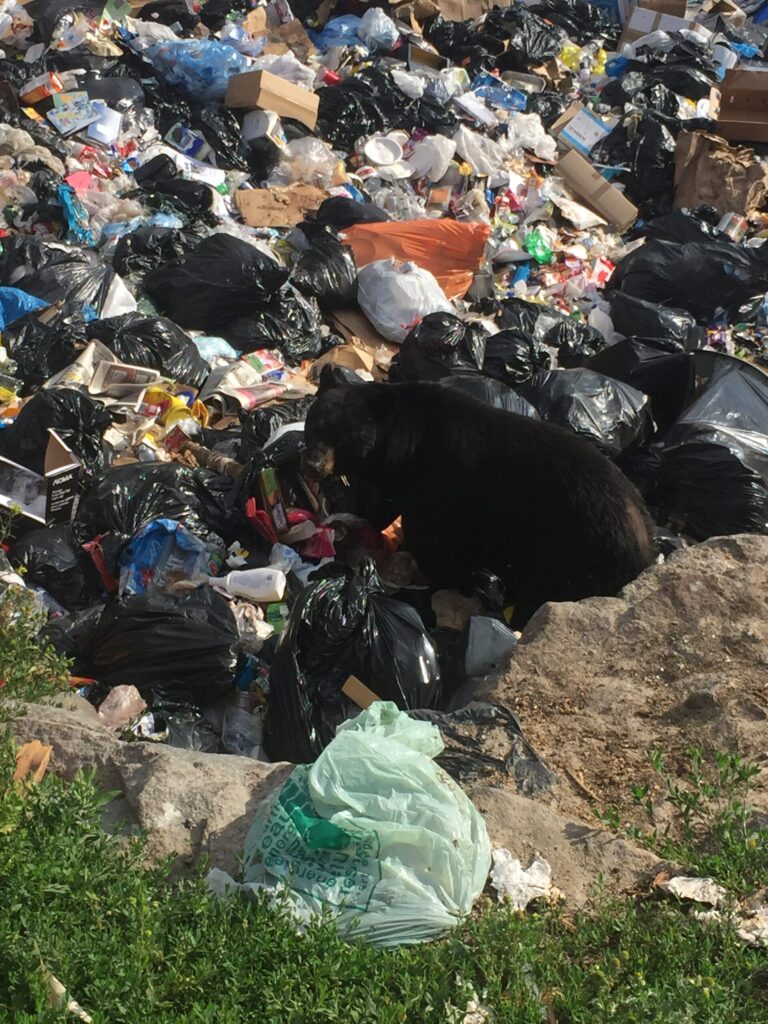
In yesterday’s “Quote of the Day,” one of my favorite parts of CafeHayek, Don Boudreaux quotes from one of my favorite articles by Hayek, his “The use of knowledge in society”, published in the American Economic Review in 1945. (Parenthetical note: Wouldn’t it be great if the AER started publishing articles with words and no equations, articles that raise important points? One can dream.)
Here is a key paragraph that Don cites:
The peculiar character of the problem of a rational economic order is determined precisely by the fact that the knowledge of circumstances which we must make use of never exists in a concentrated or integrated form, but only in the form of scattered fragments of incomplete and often contradictory knowledge possessed by all individuals taken separately. The economic problem of society is therefore not simply a problem of distributing “given” resources—if “given” means given to a single mind which deliberately solves the problem posed by these “givens.” It is rather a matter of securing the best possible use of the resources known to each of the members of society, for purposes of which only these individuals know the relative importance. Or, to put it briefly, it is a problem of using knowledge which is given to no one in its entirety.
For the last 20 years or so that I have taught at the Naval Postgraduate School, I have assigned this article and we have worked through it in class, paragraph by paragraph.
But you don’t read an article repeatedly without noticing problems. In fact, for this article, I only noticed one, and it’s in the paragraph above.
That’s it: “often contradictory knowledge.”
Awareness can’t be contradictory. Opinions can be. Evaluations can be. But knowledge cannot be.
Let’s take an example. I’m at my cottage in Minaki, Ontario. One of the big changes since last year is the dump being closed. Bears used to go there to eat people’s leftover food. Now they don’t. So the bears are moving closer to the cottages.
Let’s say I know there’s a bear in my yard. You know there isn’t. If I really know, then you’re wrong.
Or vice versa. You know there are no bears in my yard. I “know” there aren’t any. If you really know, then I’m wrong.
QED.


